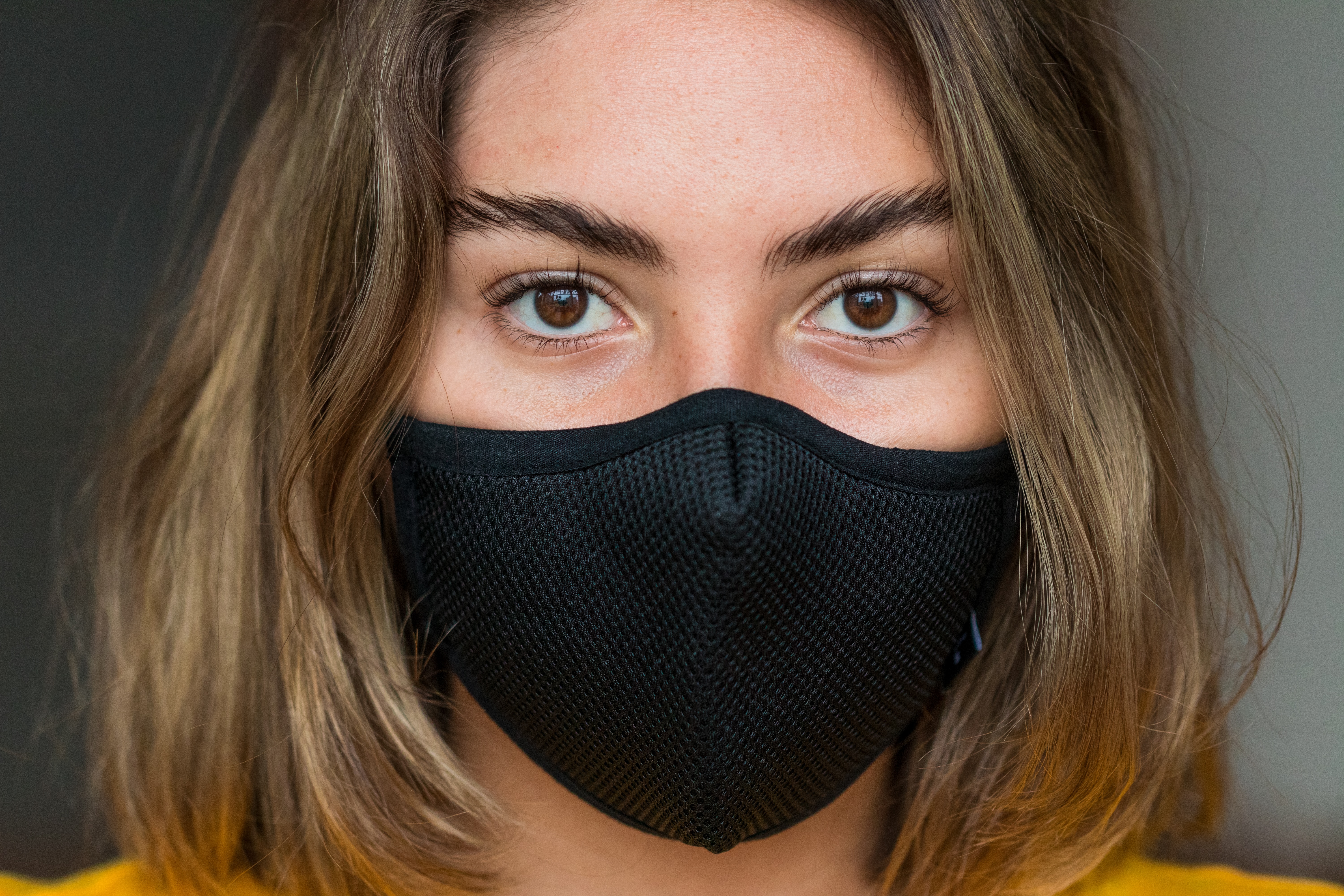Media release
From:
US-Australia study reveals genetic link with asymptomatic COVID-19 infection
Scientists have uncovered a genetic basis for strong immunity against COVID-19, in a large US-Australian study on people with asymptomatic cases of the disease, opening the way for better vaccines and treatment.
The research, published today in Nature, shows that a person who carries one copy of the protective HLA-B15 gene is twice as likely to remain asymptomatic, while someone who carries two copies of the gene is eight times more likely to show no symptoms.
La Trobe University lead researcher Professor Stephanie Gras said the results show how some people may avoid the symptoms of COVID-19.
“The study of infected but asymptomatic people might enable us to identify new ways of promoting protection against SARS-CoV-2 infection by mimicking this immune ‘shield’ observed in individuals that can dodge COVID-19.”
This research is part of a global study conducted by researchers at the University of California San Francisco (UCSF), led by Professor Jill Hollenbach.
The study investigates the genetics and COVID-19 symptoms of almost 30,000 registered bone marrow donors, who were involved in a voluntary program to track COVID-19 infection and symptoms.
The researchers found that of 1,428 unvaccinated donors with positive test results for SARS-CoV-2, 136 had no symptoms.
A high proportion of these asymptomatic donors were carrying the HLA-B15 gene, which was the first evidence of a genetic link.
In collaboration with the UCSF research team, La Trobe University’s Professor Gras, Dr Dimitra Chatzileontiadou and PhD student Lawton Murdolo, found that the killer T cells, which help our bodies fight infection, had a strong immune response to SARS-CoV-2 and seasonal coronaviruses in those people with the HLA-B15 gene.
These killer T cells also had the capacity to recognise COVID-19 and its different variants, including the current Omicron variants.
“Using the Australian Synchrotron facility, we were able to show at the atomic level how HLA-B15 individuals activate T cells upon SARS-CoV-2 exposure in the same manner as some seasonal coronaviruses, providing the mechanism for this pre-existing immunity,” Mr Murdolo said.
“The fact that people who carry the HLA-B15 gene have high levels of pre-existing memory T cells that recognise SARS-CoV-2 and would mount a faster and stronger immune response after infection, and likely to eliminate the virus quickly,” Dr Chatzileontiadou said.
Professor Hollenbach believes that understanding how asymptomatic cases occur is a tremendous advantage in fighting the disease.
“If you have an army that’s able to recognise the enemy early, that’s a huge advantage … it’s like having soldiers that are prepared for battle and already know what to look for and can tell by the uniform that these are the bad guys,” Professor Hollenbach said.
At least one in five people infected with COVID-19 remain asymptomatic, while almost 7 million people worldwide have died from the disease.



 Australia; International; VIC; QLD
Australia; International; VIC; QLD



